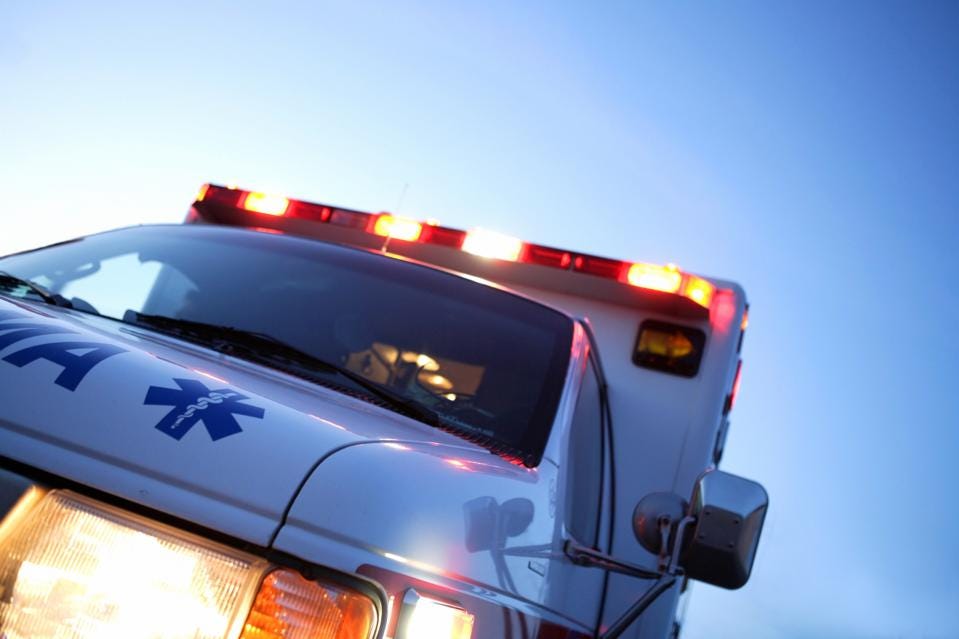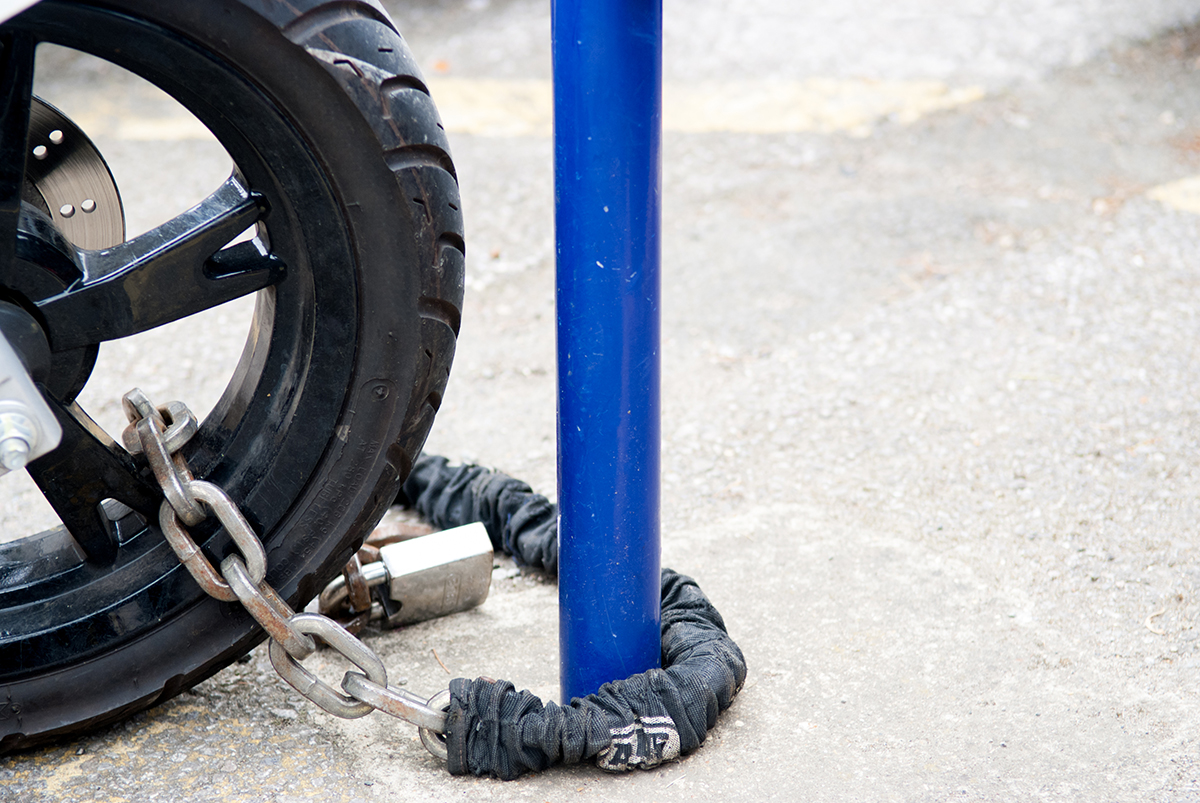At Rescu, we offer more than a reliable medical alert system. We want to provide you with all the resources you need to prevent and prepare for emergencies. You and your family’s safety is our top priority.
Unfortunately, falls are a widespread and potentially fatal threat to seniors’ safety. Every year, one in four Americans over the age of sixty-five experience a fall. Whether they’re due to medications, limited vision, or a cluttered home environment, falls can cause severe physical and psychological damage.
Seniors who have fallen before tend to develop a fear of falling and are more likely to avoid physical activity to keep it from happening again. This fear creates a vicious cycle where their bones and muscles become weaker due to less movement, which further increases their risk of falling.
Thankfully, there are many ways to prevent falls at home and give your loved one the gift of better mobility at the same time. In a previous article, we covered how to create a safe bathroom environment for your elderly loved one. In this edition, we’ll be shifting our focus to bedroom safety. With just a few tweaks, practical conveniences, and a dependable medical alert system, you can easily make the bedroom the safest room in the house.
Bed Safety
Let’s start with the centerpiece of the bedroom. There are a few things to keep in mind when fall-proofing your bed. Depending on your elderly loved one’s condition, they may be at risk of falling out of bed in their sleep. If this is a concern, consider installing bed rails. Bed rails won’t just prevent your restless sleeper from falling off in the middle of the night, they’ll also help them stand up out of bed in the morning.
A more affordable, DIY fall prevention trick is to use pool noodles. When you’re making the bed, place a pool noodle on each side underneath the mattress pad or fitted sheet. When your loved one tosses and turns, the pool noodle will stop them when they get close to the edge. In the absence of pool noodles, big, fluffy pillows will work just fine. It’s also important to keep an eye out for any loose sheets when making the bed. A sheet hanging down to the floor can be a tripping hazard, so always make sure the bed looks neat and tidy.
The height of the bed is another potential hazard to consider. When your elderly loved one’s bed is too low, it takes a lot of effort and coordination to stand up, which can cause them to lose balance. When the bed is too high, reaching for the floor with their feet could result in them taking a fall. To prevent falls, you want their bed to be just high enough so when they’re sitting on the side of it, their feet are planted firmly on the floor and their knees are at a ninety-degree angle.
Nighttime Lighting
Preventing falls at night is all about having the proper lighting. With little to no light illuminating their late-night walks to the bathroom, seniors – especially those with certain disabilities – are at a higher risk of falling. Ideally, your loved one should have a lamp or light of some kind on either side of the bed. When they wake up at night, you want them to be able to switch on a light as quickly as possible, without having to reach too far. The more they have to struggle to see, the greater their risk of falling.
Aside from bedside lights, nightlights are the perfect way to provide visibility in the bedroom and prevent falls. Placing one or two by the bed and one by the door will give your loved one plenty of light whenever they get up at night. You can also keep a bright LED flashlight within reach of the bed if they ever need the extra light or if the power goes out.
Furniture Placement
Check to see if the bed’s placement creates any tight walkways or convoluted routes around the room. Be careful not to rearrange the furniture, but if something is blocking a path from the bed to the door, consider removing it or shifting it out of the way. You want your loved one’s walkways to be as wide open as possible to prevent falls. That also means removing any clutter like clothes, pet toys, charger cables, etc.
Make sure your loved one’s closet shelves are within reach as well. If they’re too high or too low, your senior will have to bend down or reach up high to get what they’re after, increasing their risk of taking a tumble. It’s best to keep the shelves from waist to shoulder height to avoid too much reaching. If you take a proactive approach, you can create a much safer environment for your loved one while simultaneously making it easier for them to get around independently.
Keep the Phone Within Arm’s Reach
Above all, you want your elderly loved one to be able to get help when they need it, whether you’re nearby or not. Keeping their phone next to the bed gives them a lifeline in case of an emergency. If they have a medical alert system, that should have a special place on the nightstand as well.
Rescu Keeps Them Safe, No Matter What Room They’re in
Bedroom safety is essential, but you can only take so much precaution. In the event of a fall, talking to a 911 dispatcher may not be a viable option for your loved one. If you want to ensure their safety in any room of the house, you need a medical alert system.
With the Rescu app, help is always two taps away. Your loved one will have easy access to a medical alert system right on their phone that dispatches fire, police, and medical services instantaneously. You can save their address and medical information on the app, so the emergency staff knows exactly where to go and what to do. And you can create a list of people you want to notify automatically, so when your loved one sends for help, the whole family is on the same page.
When you combine the Rescu medical alert system with the fall-prevention measures you learned today, you’ll feel a strong sense of confidence in your loved one’s safety and security. Take home safety into your own hands today with the Rescu app.



